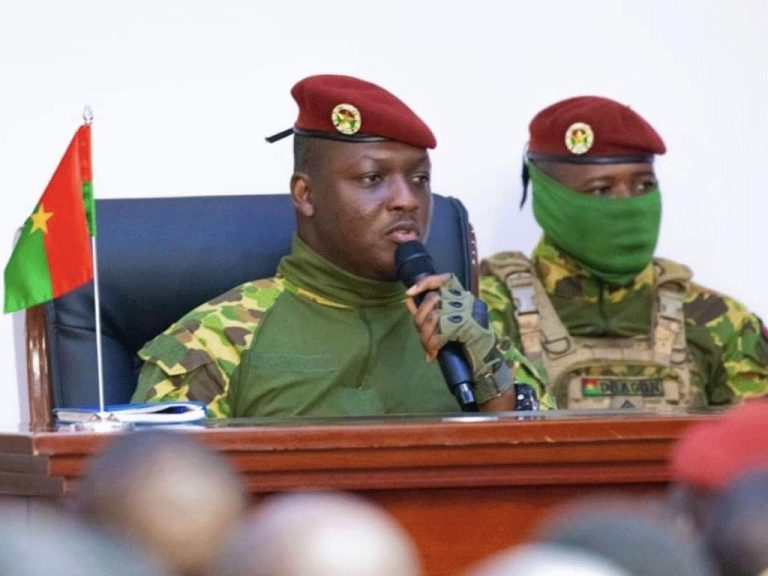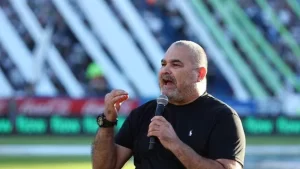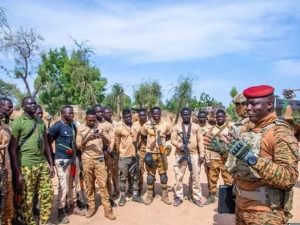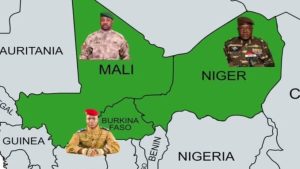Burkina Faso forges path toward economic sovereignty under President Traoré

Upon assuming power, Captain Ibrahim Traoré’s vision has been to build a new Burkina Faso through public policies aimed at liberating the country from poverty and underdevelopment. Central to this vision is the construction of an endogenous, or self-reliant, economy.
To achieve this, President Traoré has launched major economic initiatives and implemented reforms designed to spur national prosperity.
A key aspect of his strategy has been prioritizing local resources financial, natural, and human while distancing the country from international financial institutions and their conditionalities. This shift aims to foster greater economic autonomy.
His first major reform focused on security, successfully reclaiming nearly all territory previously held by terrorist groups. In agriculture, the presidential initiative has supplied producers with inputs, promoted mechanization, and trained farmers in modern techniques.
In the mining sector, the government nationalized key operations, improved transparency in licensing, and increased state revenues from gold.
Efforts to localize the processing of raw materials both agricultural and mineral have spurred industrial development, added value domestically, and created jobs for Burkinabe youth.
Additionally, the Traoré administration has invested in critical infrastructure such as roads and energy to connect remote regions and reduce dependence on imported electricity.
A strong anti-corruption drive has also been launched to clean up public finances and attract investment.
Through these measures, Burkina Faso is steadily advancing toward a stronger, more independent economy tailored to the needs of its people.
Maurice K. ZONGO






